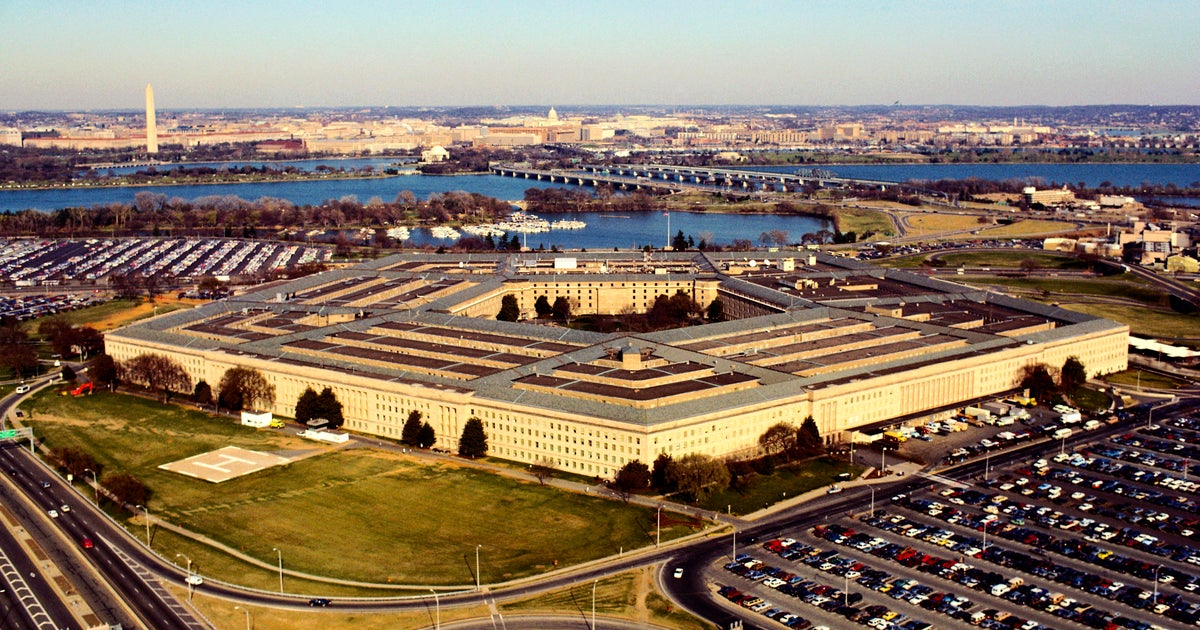
Senators urge Pentagon to investigate price gouging by military contractors after 60 Minutes report
CBSN
A bipartisan group of U.S. senators asked the Department of Defense to launch an investigation into longstanding price gouging by defense contractors Wednesday.
In a letter to Secretary of Defense Lloyd Austin, Sens. Bernie Sanders (D-VT), Elizabeth Warren (D-MA), Chuck Grassley (R-IA), Mike Braun (D-IN) and Ron Wyden (D-OR) said they were prompted by a six-month investigation by 60 Minutes that uncovered extensive price gouging. Experts told 60 Minutes that military contractors overcharge the Pentagon on almost everything the DOD buys each year.
"Lockheed Martin, Boeing, Raytheon, and TransDigm are among the offenders, dramatically overcharging the Department and U.S. taxpayers while reaping enormous profits, seeing their stock prices soar, and handing out massive executive compensation packages," the senators wrote. "These companies have abused the trust government has placed in them, exploiting their position as sole suppliers for certain items to increase prices far above inflation or any reasonable profit margin."
